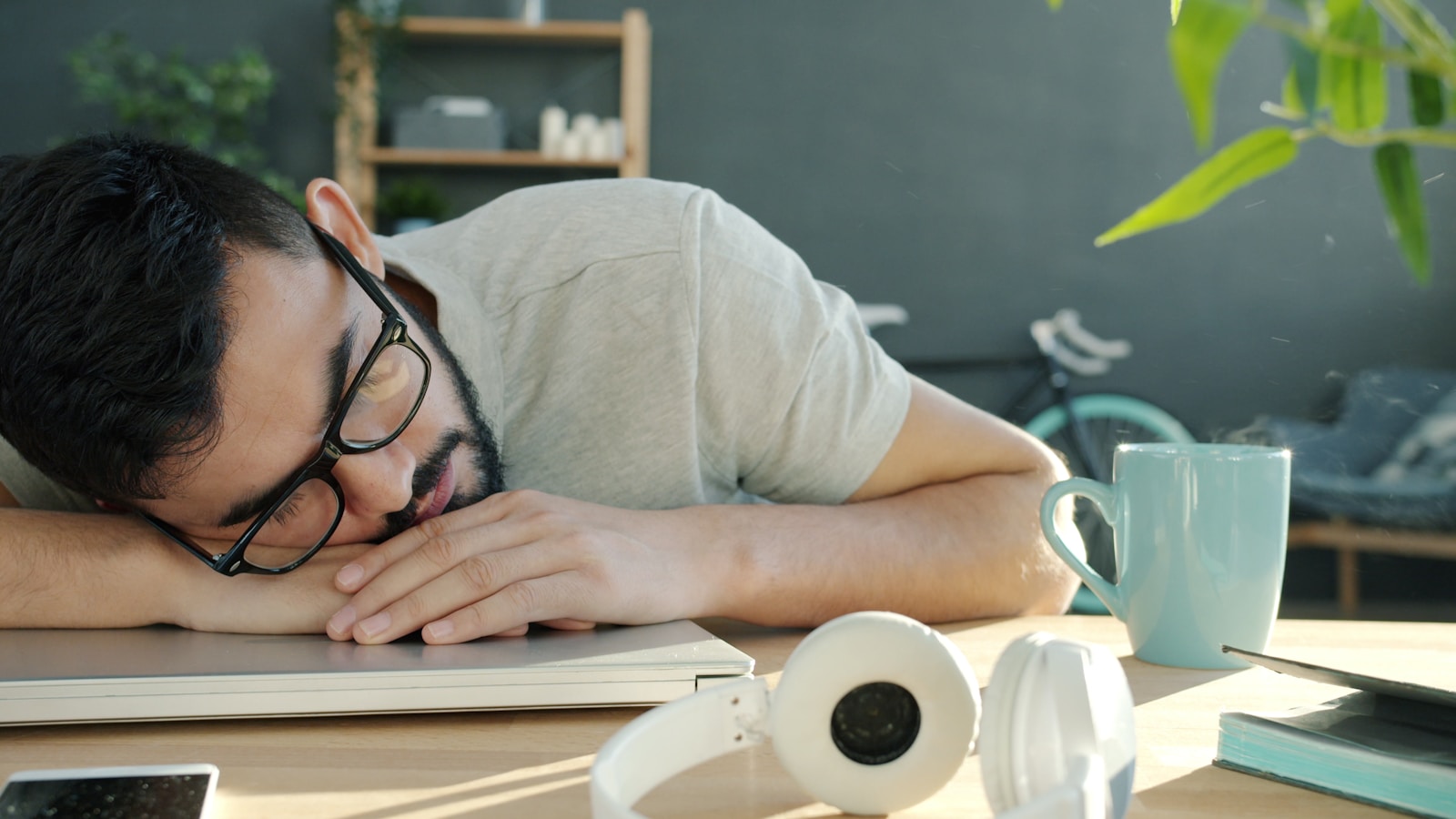Many of us neglect to get regular vision check-ups and so it can take a while for us to notice if our vision is deteriorating. Our bodies are constantly changing as we age, and our eyes are no different. Perhaps you’re finding it hard to see what’s being written at the front of the lecture theatre, or maybe you’re getting regular unusual headaches, if so it may be time to get your eyes tested.

Why can your vision suddenly get worse in college?
Our eyes never really stop changing. If you’ve had glasses or contact lenses as a child then you’ll already know that your prescription changes a little less each year as you get older but it never stops changing altogether and for many people, their vision will then start to change again once they reach later adulthood, around 40, where it becomes harder to focus between short and long-distance. In seniors, cataracts begin to become a problem but thankfully cataract surgeries now exist and cataract surgery recovery is short.
So we know certain common vision problems are more prolific in later life but why would they be occurring now in your early 20’s? Well, modern-day life can also bring about changes in your eyes, particularly if you spend a lot of time reading books, looking at computer screens or studying, all of which you will be doing a lot of in college. You may find that a vision insurance broker can help you here and allow you to consider your options for improving your eyesight. Now let’s take a look at the things you can do to help yourself.
What can you do help your eyes in college?
There are many things you can do to help your eyes when at college in order to try and prevent any further eye problems, such as:
- Eating a balanced diet
Eating well in college can have many benefits, one of which is helping you to look after your eyes. A variety of foods contain important nutrients that are essential for eye health, such as carrots which contain beta-carotene that your body will convert into vitamin A which is essential for repairing and maintaining your eyesight. - Take a break from computer screens
Reading books and looking at screens involves a lot of close-up focusing and rapid eye movements which can put a strain on your eyes. Try to take the 20-20-20 challenge and take 20 seconds every 20 minutes, to look at something that is at least 20 feet away from you. - Avoid glare
Removing lights that reflect off of the screen or opting for a matt screen protector can dramatically help your eyes if you need to spend a lot of time looking at the screen. You can also buy blue light filter glasses with or without a prescription to help filter out harmful HEV light. - See an optician
Making sure that you are keeping on top of your eye health and catch any problems quickly can make a big difference to your eyesight. Opticians are able to see things we can’t and will be able to give you great advice on what to do to keep your eyes healthy. Plus it is always exciting purchasing a new pair of glasses, following a glasses buying guide can really help you find the correct ones for you as well.
What to do if you notice your eyesight deteriorating?
As soon as you notice even a small change in your eyesight it’s important to visit an optometrist. Your optometrist will be able to give you an eye test and see if glasses or contact lenses could improve your vision if you struggle on without proper assistance then your vision could deteriorate further and you may also start to suffer from dizziness and headaches.


